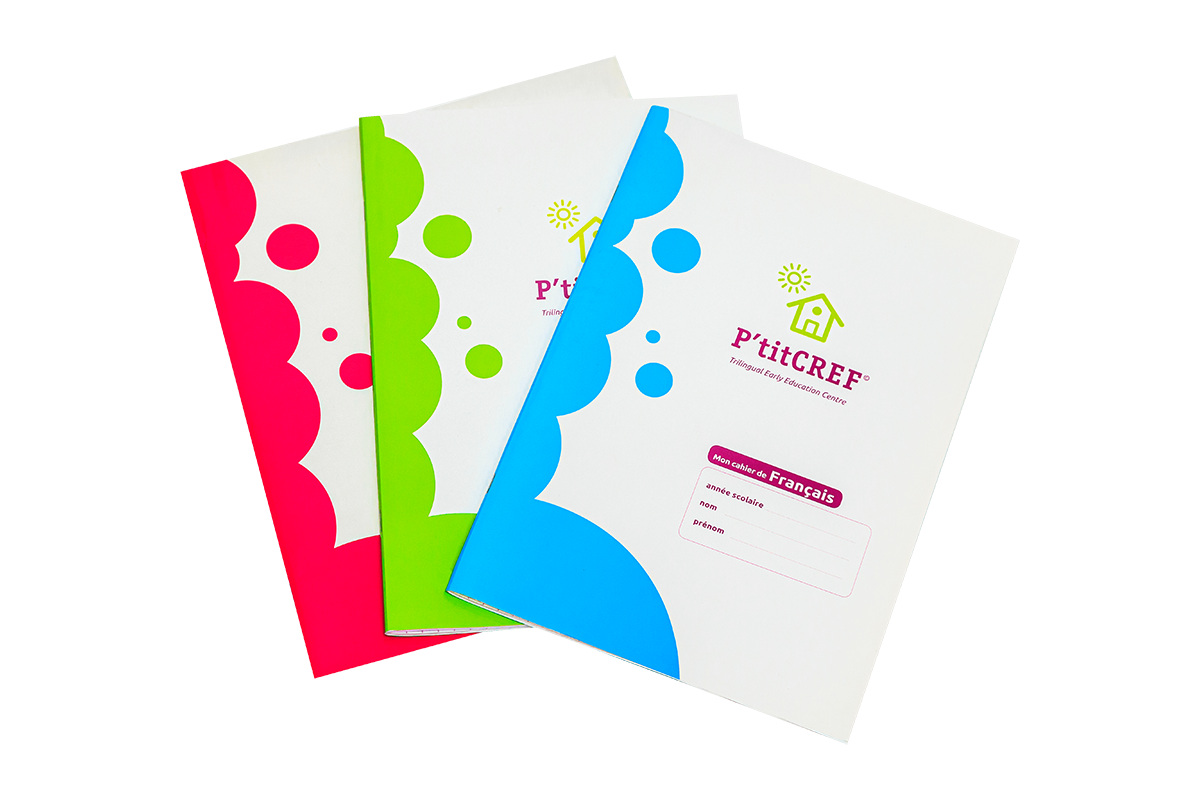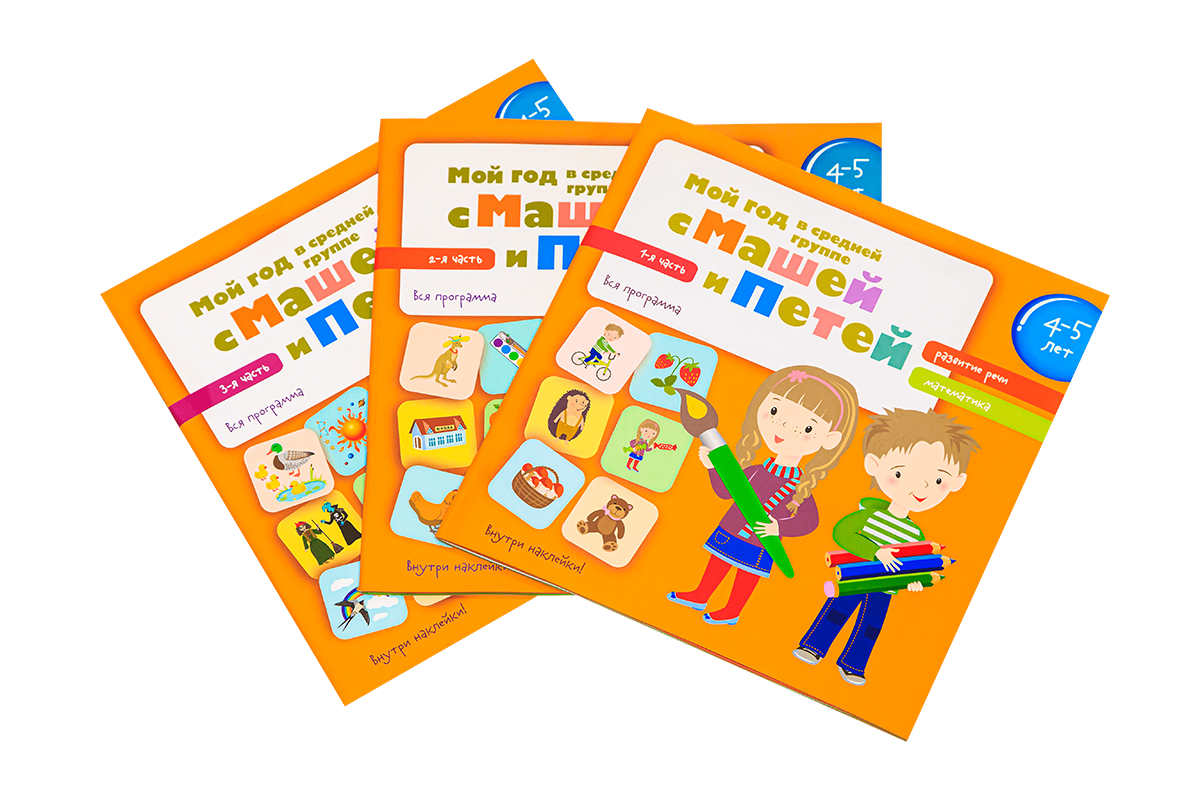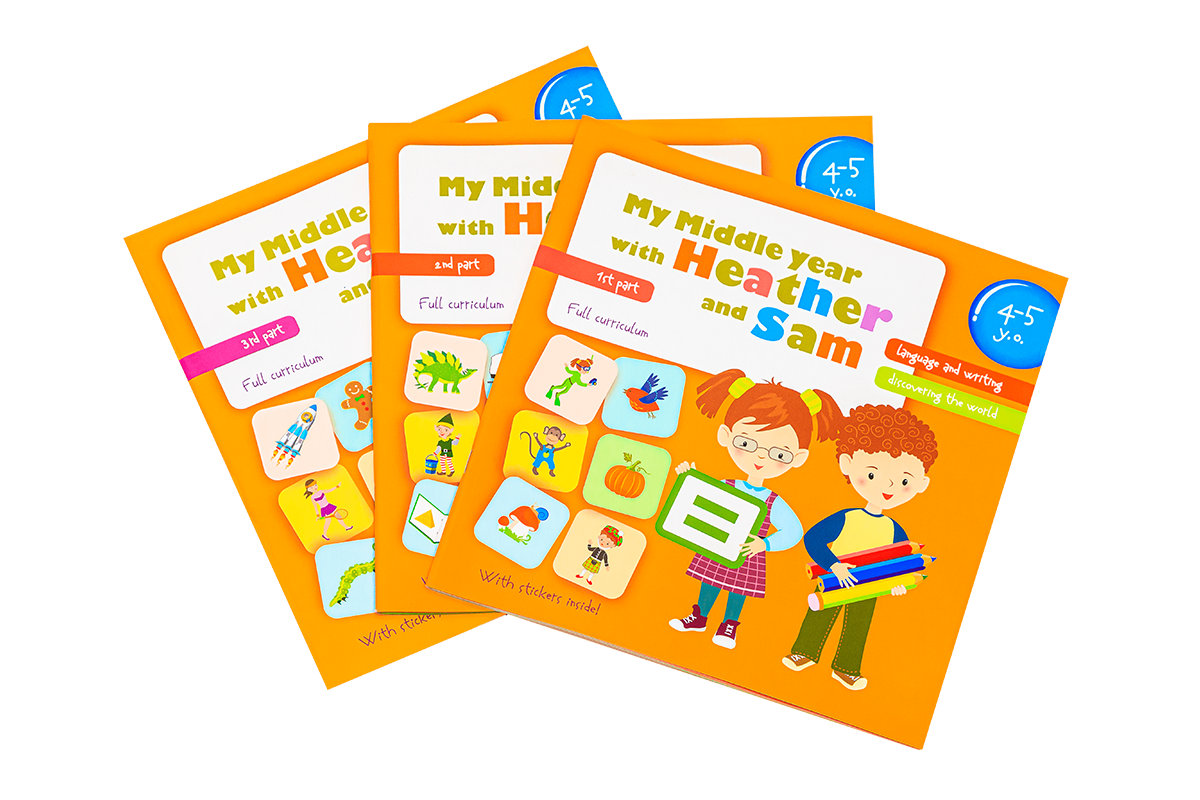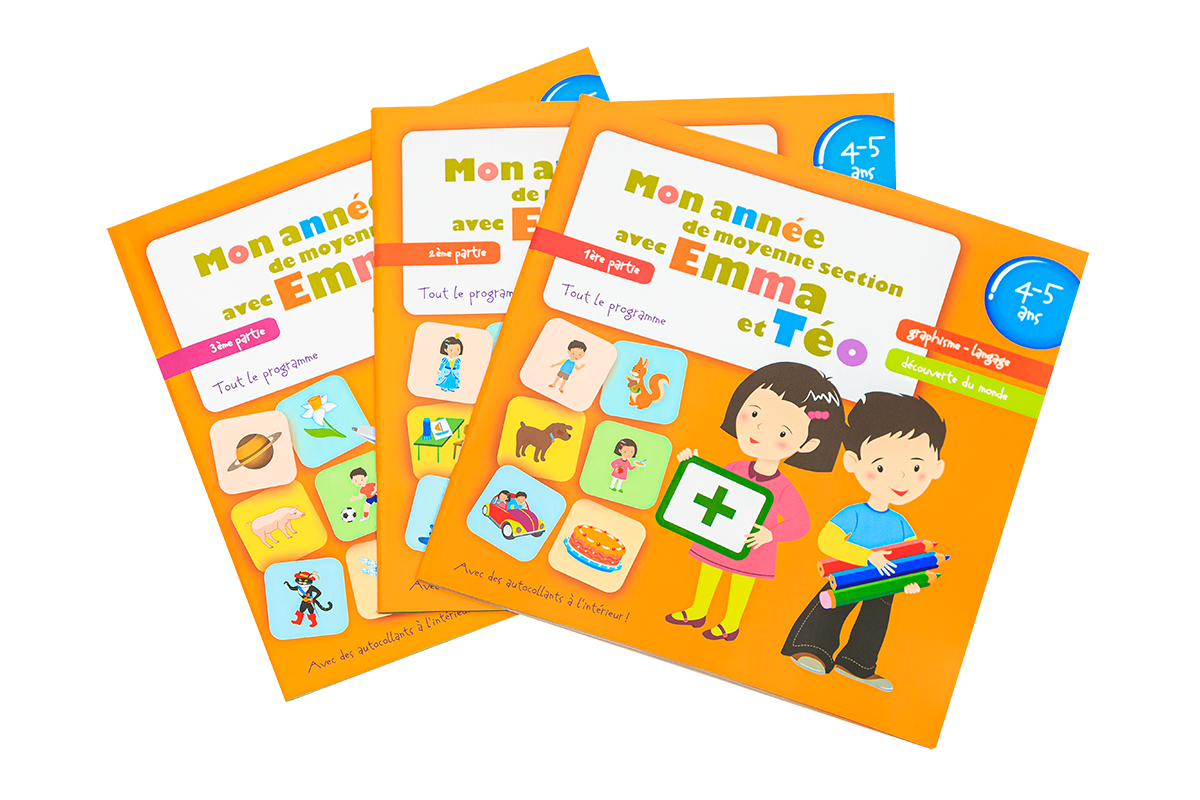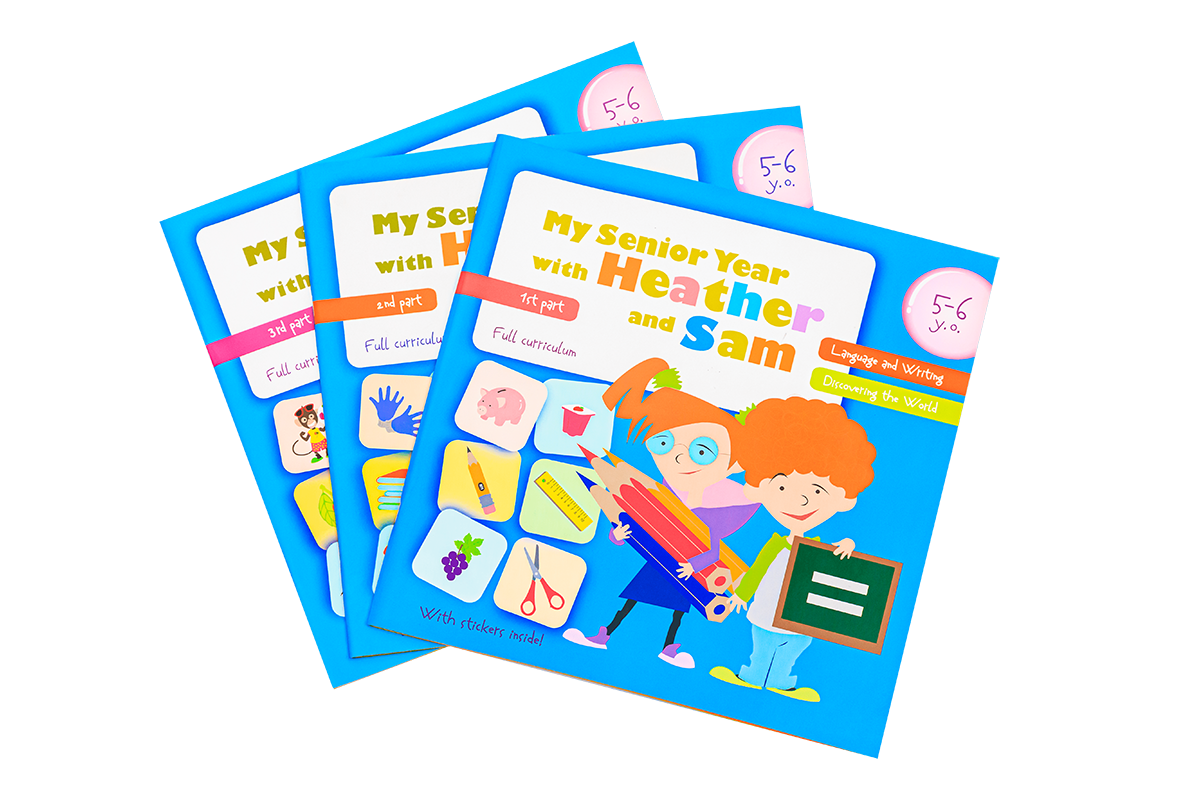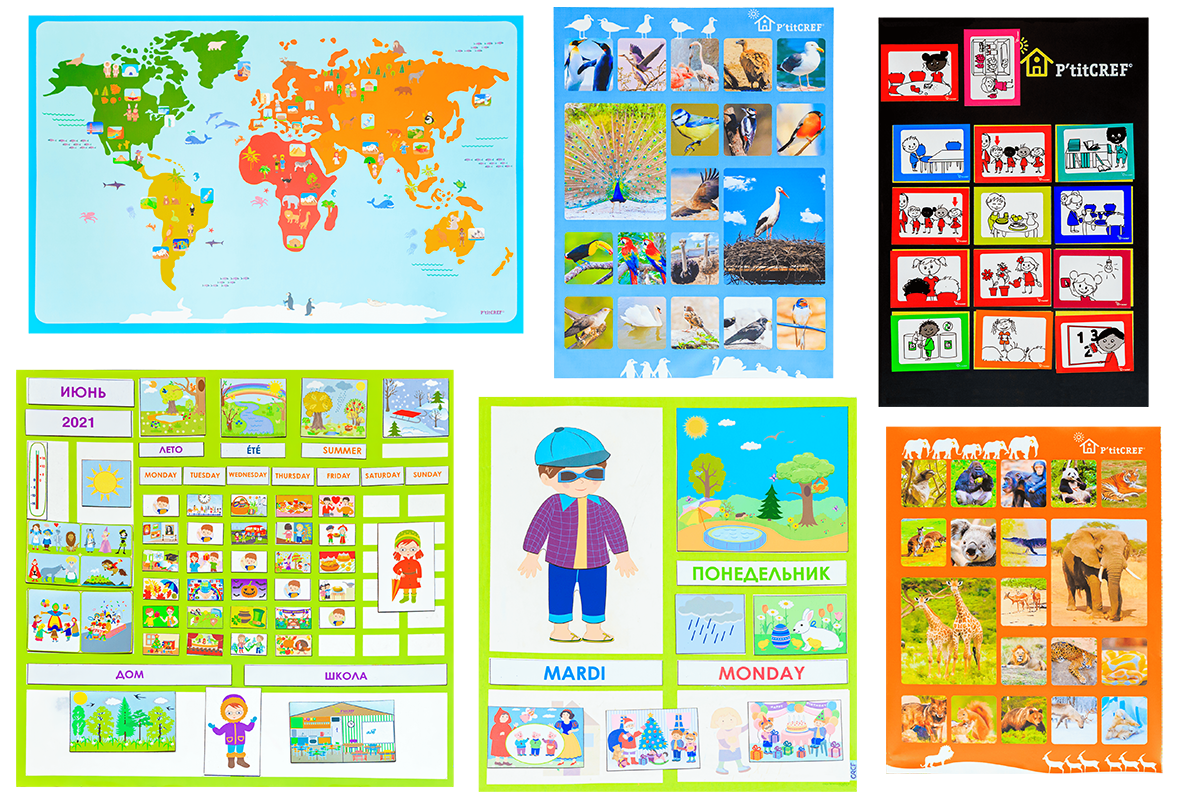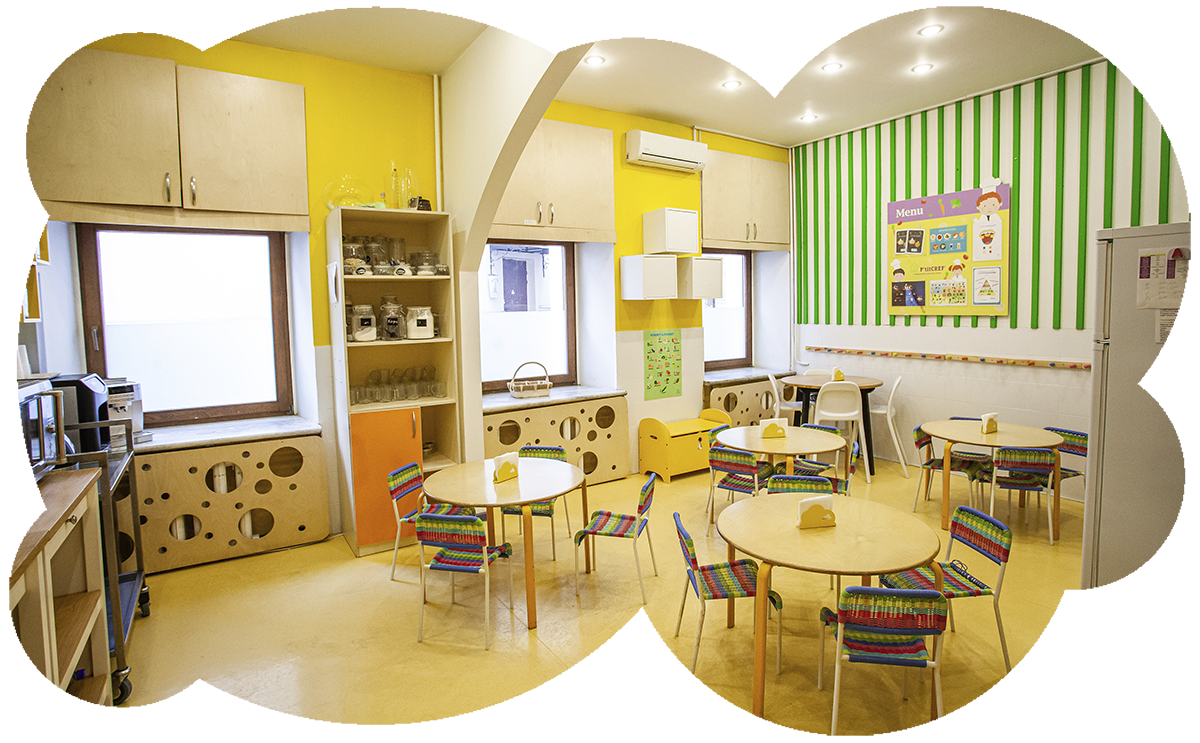
Mission statement
Kindergarten is not a place to drop off children while the parents are busy at work. It is a home away from home that children attend independent of other family members. Therefore, it is important that the kindergarten is a safe and caring space, and that its guiding philosophy reflects that of the childrens’ parents.
Educational aims
At P'titCREF, children are prepared for school in three national pre-school programs. They are taught in accordance with established standards and each child acquires the skills and knowledge necessary to enter primary school.

Friendly atmosphere
Respect for the child is essential to ensuring that the child develops holistically, i.e., physically, emotionally, and socially

Engagement
Children learn to be part of a team and develop a sense of belonging

Independence
We teach our students to think and make decisions independently and to use various strategies when problem-solving

Desire to learn
The child acquires a solid foundation of knowledge that awakens in them a desire to explore and learn new things.
Methodology
At P'titCREF, children don't just learn three languages, they study in three languages! All our teachers are native speakers and we do not use translators in the classroom.
Children from all over the world study at P'titCREF, and so your child is immersed in an international environment and absorbs different languages.
Neurobiological studies prove that up to 6 years of age, a child is able to naturally perceive different languages and acquire them like a native speaker. Therefore, even the youngest of our students has no difficulty learning two languages concurrently... or even three!
The method comprises
a thematic week-based format
(Ecology, Travel, Dinosaurs,
Fairy Tales, Science,
Professions, etc.),
with each language
apportioned a fixed
number of days for
effective learning:
Russian — 1
English—2
French — 2
.nonn {padding-bottom:23px !important}
The curriculum at
P’titCREF satisfies several
national education standards:
Russia – “From Birth to School” (FGOS),
France – “Programme de l’education nationale française”,
UK – “Early Years Foundation Stage” (EYFS) and “The National Curriculum of England, Wales and Northern Ireland”.

Child development
A well-planned education program is key to ensuring that the child reaches their full potential. We have identified seven critical areas of development that best meet the needs of children while also stimulating their curiosity and desire to learn new things.

PERSONAL AND SOCIAL DEVELOPMENT
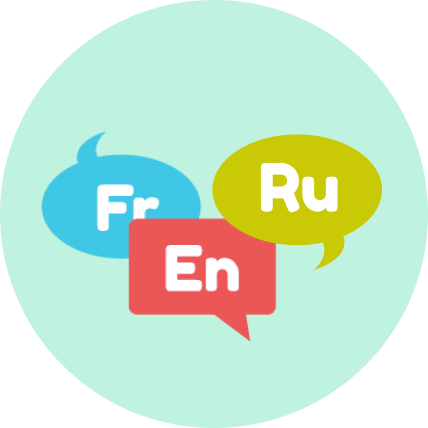
ORAL INTERACTIONS
LITERACY
MATHEMATICS

OUR WORLD

MOTOR SKILLS

CREATIVITY
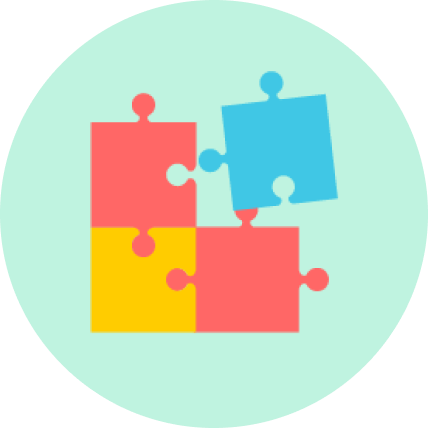
A WELL-CONCEIVED PROGRAM
PEDAGOGICAL RESOURCES
P'titCREF has developed exclusive pedagogical resources that can only be found at our schools.
We are constantly working to improve our pedagogical materials, taking into account the latest advancements in the fields of pedagogy and neuroscience.
CAMPUS

We want children to feel at home when at school. Therefore, our classrooms and recreation facilities are not only functional and safe but also cozy, bright and warm. We have created a campus that children want to return to every morning!
Our groups





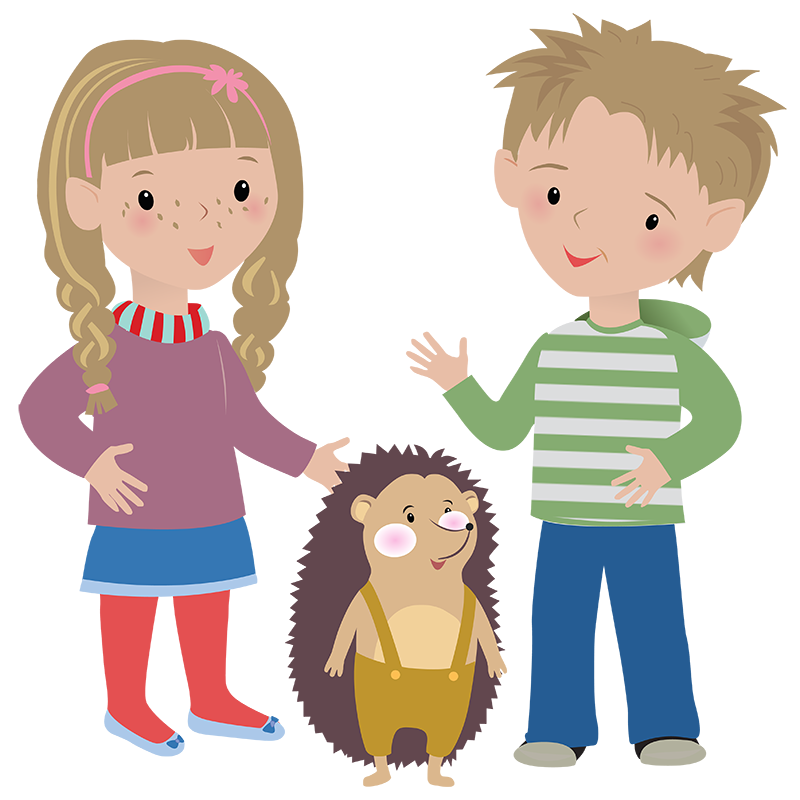




FAQ
Mary, the mother of 3-year-old Peter: “Peter often doesn’t like it when I speak another language, he tells me, “Mum, speak Russian to me.”

In this case, the child is not refusing to speak the second language. As already mentioned, the child associates the language with a specific person on an emotional level. For him, the fact that his mother speaks different language is not understood, this is not his mother’s language.
The child’s learning process is still in the early, primitive stages; at this stage we have no choice but to associate a language a specific person.
Zoe, who is four years old and comes from a Russian-French bilingual family, says, “I joue (joue is French for play).”

Mixing languages – this is quite normal process and does not indicate a problem. The child (as well as an adult, speaking 2 or 3 foreign languages) has a variety of linguistic “tools.” So he spontaneously chooses the “tool”, which is the easiest one to use.
The child will gradually “unscramble it” and will no longer mix languages. Under normal circumstances, any child can successfully learn two (or three) languages and two (or three) cultures. Difficulties may arise only because of the immediate cause of bilingualism, or learning a foreign language.
In this case, the role of the teacher and our methodology will be decisive for the child as they pass on a new language and a new culture to the child . A good teacher and interesting classes organized in a playfull way (a joint celebration of traditional holidays of the country of the studied language, the country’s games, etc.) will prompt a child’s desire to speak the language, go to the country and to learn more about it
















